Gillette Stories
Gillette Stories
At Gillette Children's we help every child in our care live a life defined by dreams, not diagnosis. Here you will find stories of inspiration and triumph and joy. Learn more about our work with patients and families that don't give up as we help every child live their story. Gillette Stories Magazine

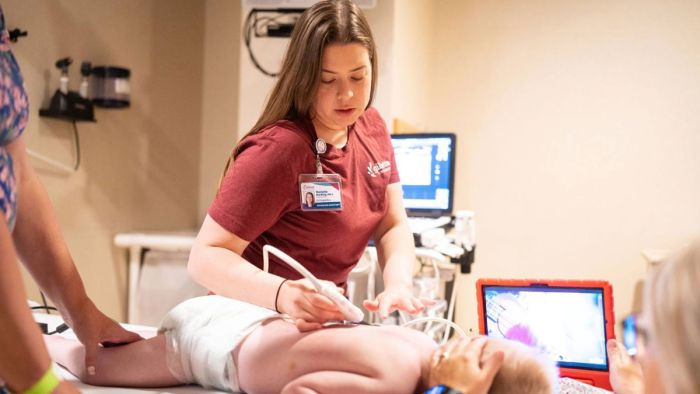
Our Team
Why a Pediatric Spine Specialist is the Right Choice for Your Child or Teen’s Care
When it comes to pediatric spine care, you can count on the experienced professionals at Gillette Children’s for expert treatment. But why should you choose a pediatric spine specialist over a general spine care expert? The options can be overwhelming, but thanks to our expert-led Spine Institute, Gillette is here to help.
Read More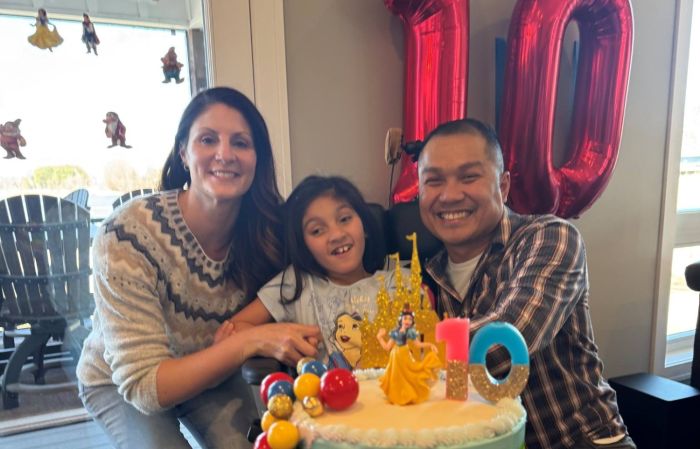
Complex Movement Disorders
Deep Brain Stimulation for Pediatric Movement Disorders
Deep Brain Stimulation gives children and teens with movement disorders better control of their muscles. Read on.
Read More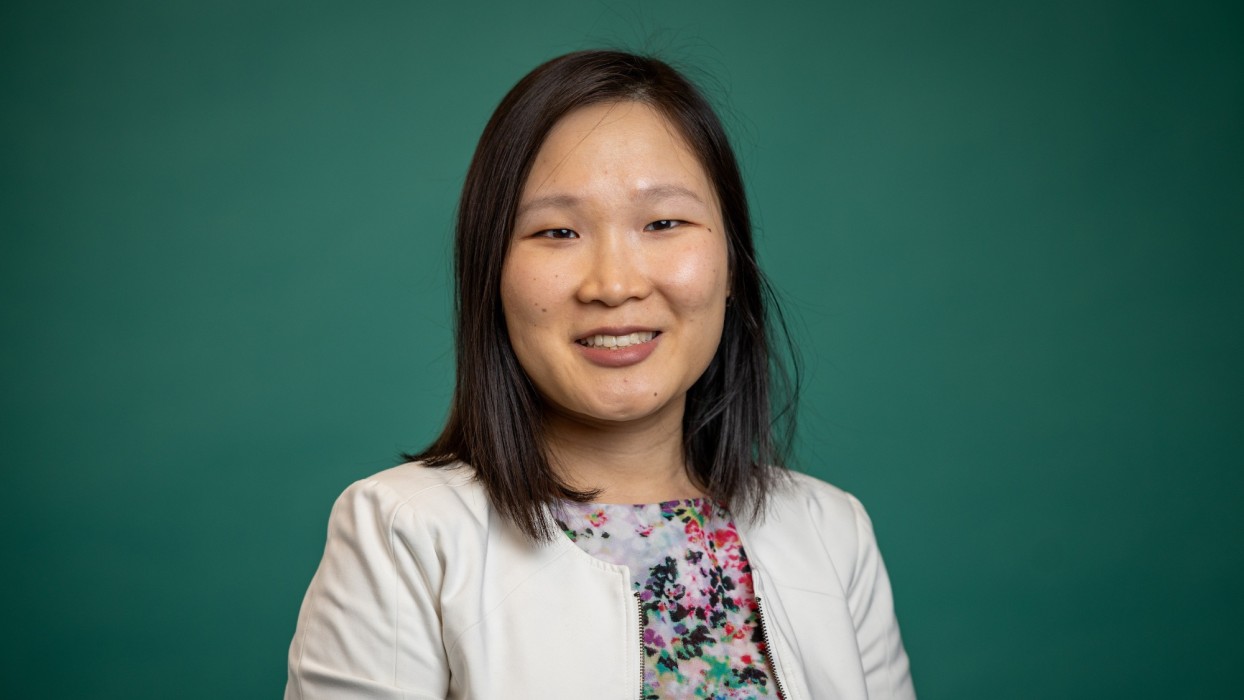
Our Team
Meet Neuropalliative Provider Rosemary Ramp, MD
Rosemary Ramp, MD, joins Gillette's neuropalliative care team. Read on and get to know Dr. Ramp.
Read More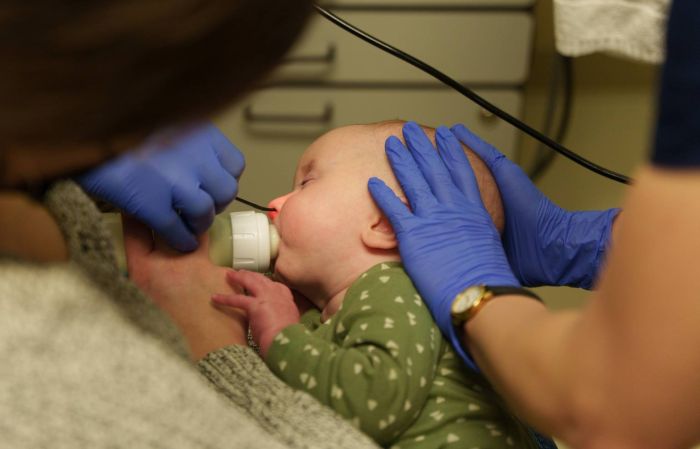
Velopharyngeal Dysfunction
Fiberoptic Endoscopic Evaluation of Swallowing Helps with Feeding Issues
Gillette Children's is proud to offer a unique service to help identify problems that occur when food or liquid passes through a child's throat.
Read More
Torticollis
Talee Helmet Improves Head Shape for Child with Torticollis
The Talee® cranial remolding orthosis (baby helmet) helps children who have head shape concerns. Families using the Talee helmet report they are very pleased with the results.
Read More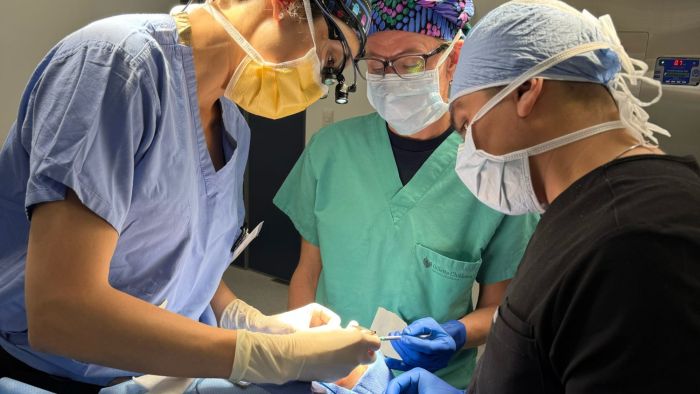
Cleft Lip and Palate
Pediatric Craniofacial Surgeon Has a Global Impact
Pediatric craniofacial and plastic surgeon Jo Barta, MD, generously shares her expertise on global health outreach trips at least once a year. Read about her recent trip to provide treatment in Ajijic, Mexico.
Read More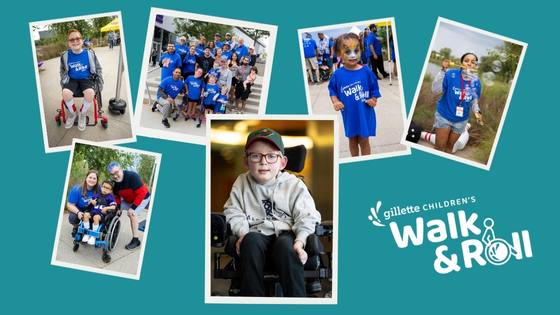
Rare Disease
Leo St. Martin to Lead the Way in Gillette Children’s 2025 Walk & Roll Event
Leo St. Martin is Gillette Children's 2025 Children's Miracle Network Champion and 2025 Walk & Roll patient ambassador. He is all about sports. Baseball, football, hockey, soccer – you name it, he wants to play it. When he was an infant, Leo was diagnosed with Infantile Pompe disease, a rare genetic disease that leads to weakened muscles. His physical and occupational therapists helped get him into a power chair when he was just three, and they continue working with him, motivating him to make the impossible, possible.
Read More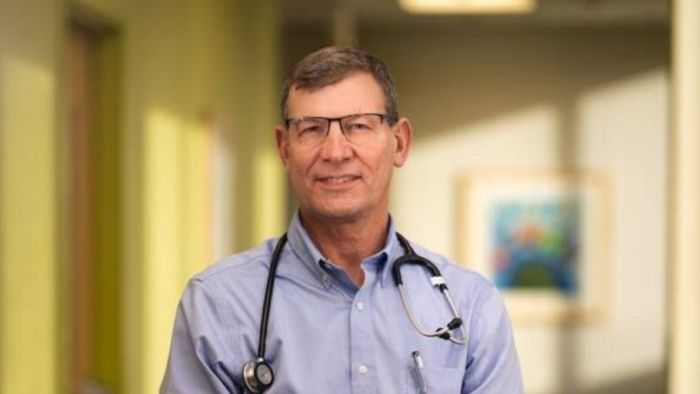
Philanthropy
Rett Syndrome Research at Gillette Children’s Shows Promise
Generous support from donors has fueled advancements in Rett Syndrome research at Gillette Childrens.
Read More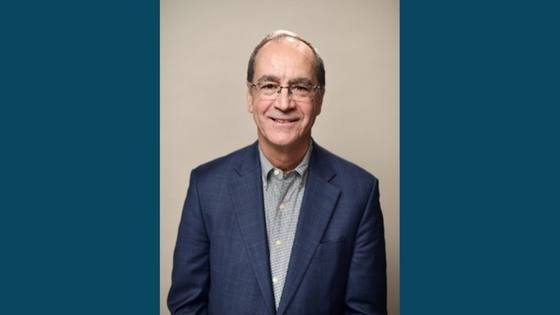
Philanthropy
Leading the Gillette Children’s Philanthropy Board
Scott Ward, chair of the newly formed Gillette Children's Philanthropy Board.
Read MoreHealth Library
Find education related to your condition, procedure, care at home, and more.
Search Health LibraryResearch
Gillette Research aims to improve treatment options for children who have disabilities.
Explore Gillette ResearchNews
From innovations to innovators, Gillette Children’s shares our news as leaders in specialty care and research.
News Releases Home Page
Home Page
